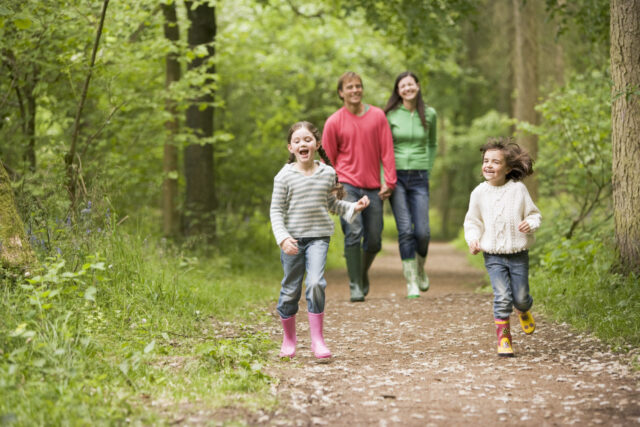Last week, Ofsted published their latest annual release of statistics on foster carer numbers, approvals and enquiries. The key fact is that from April 2020 to March 2021, there were 160,635 initial enquiries from prospective fostering households, but only 10,145 (6%) foster carer applications were received. Of these applications, only 2,165 approvals were made. This translates to a 1.3% conversion rate from enquiries to approvals.
The number of enquiries is an all-time high and represents a 55% increase on the number of enquiries during the year 2014-15. These statistics demonstrate that marketing and recruitment efforts are proving fruitful and that there is significant public interest in caring for vulnerable children but crucially, that approvals have not kept pace with this increased interest.
The reasons for this drop-off are not well understood and Home for Good is committed to investigating the reasons behind such a poor conversion rate over the coming year. The statistics suggest that there are barriers getting in the way of individuals and families being able to care for a child or young person through fostering. Given the shortage of foster homes in the right places with the right skills, it is vital that these barriers are identified and dismantled with pace.
Alongside this, while unnecessary barriers may be at play which are preventing individuals from fostering, we also recognise that fostering may not be a suitable route for many of those enquiring Given the significant sufficiency challenges across the children’s social care system, Home for Good has identified the need to better retain those who are positively motivated to support children and young people by providing other alternatives when fostering is not an option.
One such alternative could be supported lodgings, an option that many within the general population do not know about. Recent polling of 2,000 British adults by Home for Good through Savanta ComRes demonstrates that around 70% of the general population have never heard of supported lodgings. Yet, when they were provided with a short definition of this provision, one-quarter said they would consider becoming a supported lodgings host. This rose to 49% among churchgoers.
Supported lodgings is where a young person age 16+ lives in a room within the home of a host family or individual. The young person has greater independence than in foster care, with the host responsible for supporting the young person, particularly in developing vital life skills. Home for Good recently published a report that makes a compelling case for increasing the use of this provision for older teenagers in care, arguing that it is under-recognised and therefore underutilised. Their research, conducted over the last two years, has found that supported lodgings can attract a different cohort of individuals and families when compared to fostering, including those in their 20s and the older population who may have adult children who have left the home. This is most likely due to the less intensive nature of being a supported lodgings host in comparison to being a foster carer. Supported lodgings is therefore well-placed to be offered as an alternative option to those who express an interest in fostering, but then discover that it is not a viable option for them.




